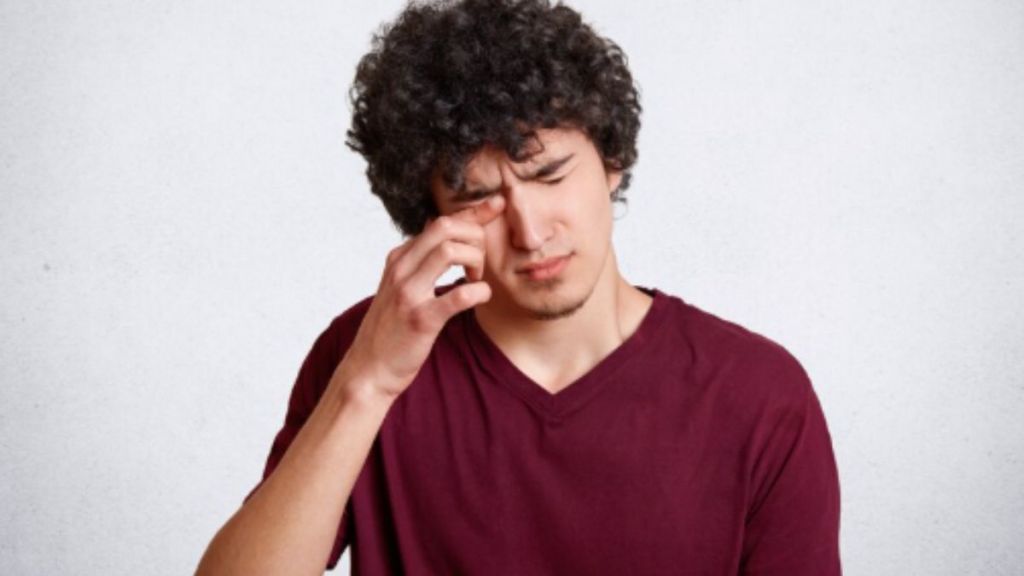With continuous rains over the past few days, the monsoon has now fully set in across Delhi-NCR. While the rain has brought much-needed relief from the scorching summer heat, it has also triggered a fresh wave of seasonal health concerns. From a rise in flu and viral infections to cases of conjunctivitis, the wet and humid environment creates a breeding ground for illnesses.
Among the most common complaints doctors are seeing this season? Eye allergies.
“Every monsoon, we see a noticeable rise in patients with red, itchy, and watery eyes,” says Dr. Mahipal Singh Sachdev, Chairman and Medical Director, Centre For Sight Group of Eye Hospitals. “The combination of humidity, pollution, and allergens makes this season particularly harsh on the eyes.”
Why eye allergies worsen in monsoon
1. High humidity boosts allergens
According to Dr. Sachdev, “Humidity creates the perfect environment for dust mites, mould, and fungi to thrive, all of which are major eye irritants.” These allergens float in the air and settle on the eyes, especially for people who are already sensitive to environmental triggers.
Pollen from seasonal flowers also tends to stick around longer in moist air, further aggravating allergies.
2. Pollution and stagnant water make it worse
While the first rains may wash away surface dust and pollution, stagnant water, rotting leaves, and damp garbage soon take their place, bringing with them airborne bacteria and irritants.
“In urban settings like Delhi, dampness combined with vehicular pollution and poor ventilation worsens the situation,” says Dr. Sachdev. “These particles can cause redness, swelling, and a gritty sensation in the eyes.”
3. Conjunctivitis cases on the rise
The monsoon is also prime time for viral conjunctivitis, or pink eye, which spreads rapidly through contact. It’s often mistaken for an allergy because of similar symptoms like redness, irritation, and watery discharge, but it is highly contagious.
“Sharing towels, touching your eyes with unclean hands, or exposure to dirty rainwater can spread the infection quickly,” warns Dr. Sachdev.
4. Slower tear evaporation traps irritants
“High humidity affects the natural evaporation of tears,” Dr. Sachdev explains. “This leads to the accumulation of allergens and contaminants on the eye surface, resulting in discomfort, burning, and a heavy sensation.”
How to protect your eyes in monsoon
Dr. Sachdev recommends these precautionary tips:
- Avoid rubbing your eyes, no matter how itchy they feel.
- Maintain strict hand hygiene and avoid touching your face.
- Use clean, dry towels and don’t share them with others.
- Keep rainwater out of your eyes—it may contain harmful microbes.
- Switch to glasses temporarily if you wear contact lenses.
- Use lubricating eye drops only after consulting a specialist.
“The monsoon is refreshing, but it also brings eye health risks,” says Dr. Sachdev. “Simple precautions and timely treatment can go a long way in preventing discomfort and serious infections.”
So, while you enjoy the rains in Delhi-NCR, don’t forget to take care of your eyes as they need protection too.









